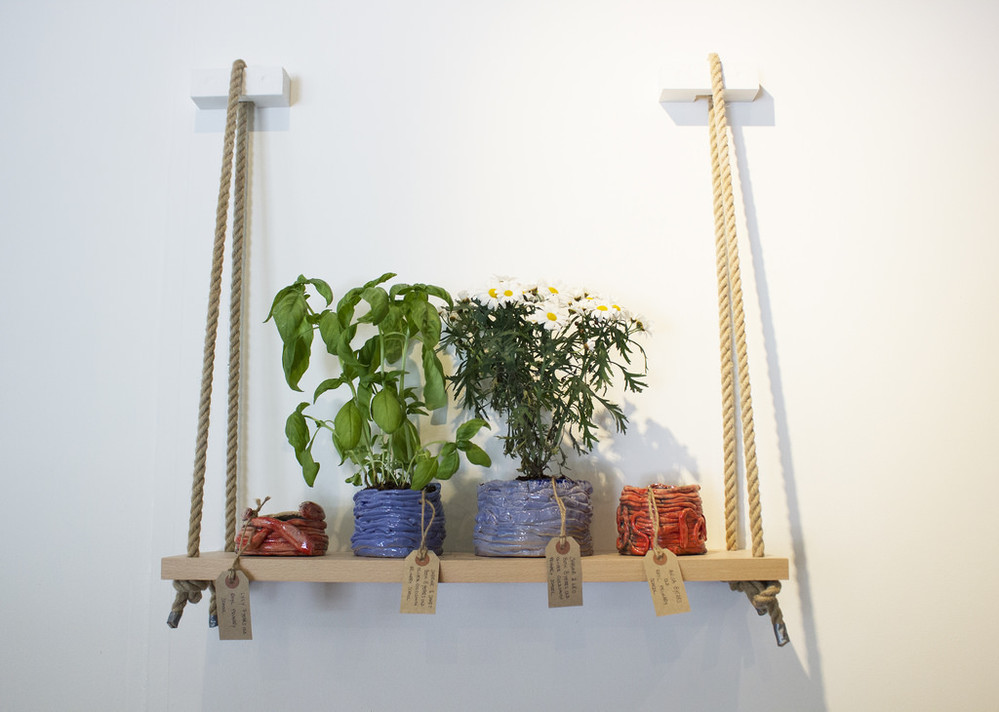On Tuesday 9 November, Careers and Employability hosted an online event ‘not just a shop presents: Creative companies with a conscience’. The event featured University of the Arts alumni and was part of Global Enterprise Week. The speakers, who sell their products through not just a shop, shared their personal experiences and advice on how to start and grow an ethical and sustainable product.
UAL alum Jenny Espirito Santo is the founder of the eco-friendly homeware and lifestyle product company Mind the Cork. She created her business with a desire to “combine playful minimalism with sustainable materials”. After seeing unethical working practices and the use of unsustainable materials in her job as a junior designer at high-end residential interiors, Jenny decided to quit her job and create her own ethical business.
To achieve this, Jenny focused on:
- People
Building a brand that has fairness, honesty, and positivity at its core. - Material
Using environmentally friendly material. This can either biodegrade or be recycled without creating significant secondary waste. - Production
Getting the most out of materials to avoid waste. Also, repurposing and recycling production and packaging waste.
Although Jenny stressed the importance of an ethical business, she recognises aiming for complete sustainability can be paralysing. She suggests instead aiming to make your business be as sustainable as possible.
“Forget about perfection and go for progress instead’ – Jenny Espirito Santo
Michael McManus and Matthew Grant are then co-founders of the sustainable design studio Dust London. They also shared their experiences of creating an ethical business. Their company was created with the intention to ‘use material as a catalyst for sustainable conversation’. In practice, this means they work with a range of waste materials to create homeware, furniture, and bespoke sculptures. Michael and Matthew’s advice for new sustainable businesses was for creatives to document their studio process. They believe customers are as interested in this as they are in the final product.
Their top tips on how to get exposure for your ethical business were:
- Going to events and meeting people that can amplify your story in articles.
- Finding the buyers for the shops you’re interested in.
- Responding to open calls and entering competitions.
Jenny, Michael, and Matthew all agreed that the best way to get exposure to other retailers is getting involved with not just a shop. For them, this was the launchpad for selling their sustainable products.
How can I get involved with not just a shop?
not just a shop sells products and artwork created by students and graduates from UAL. The shop commits to sustainable and ethical practices. If you make sustainable products, keep an eye out for the next product open call and competitions on Instagram.


